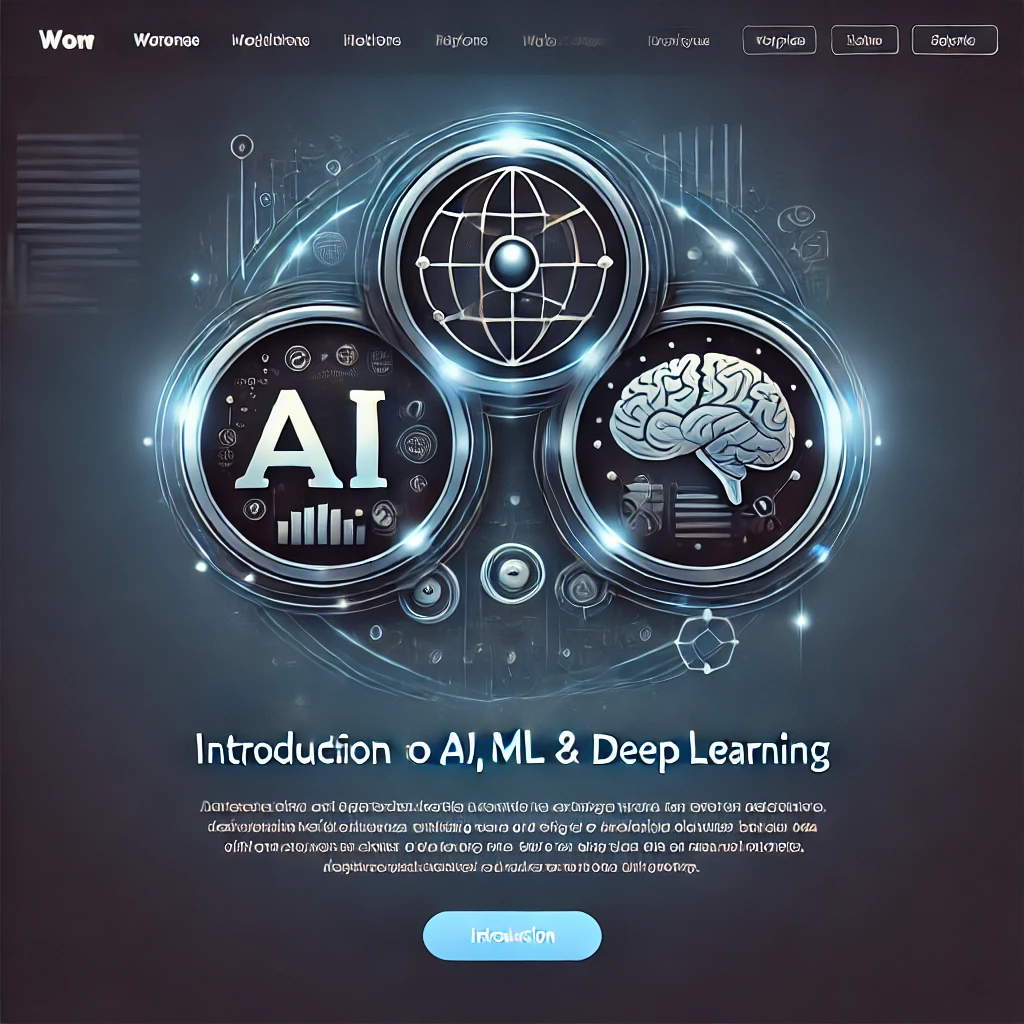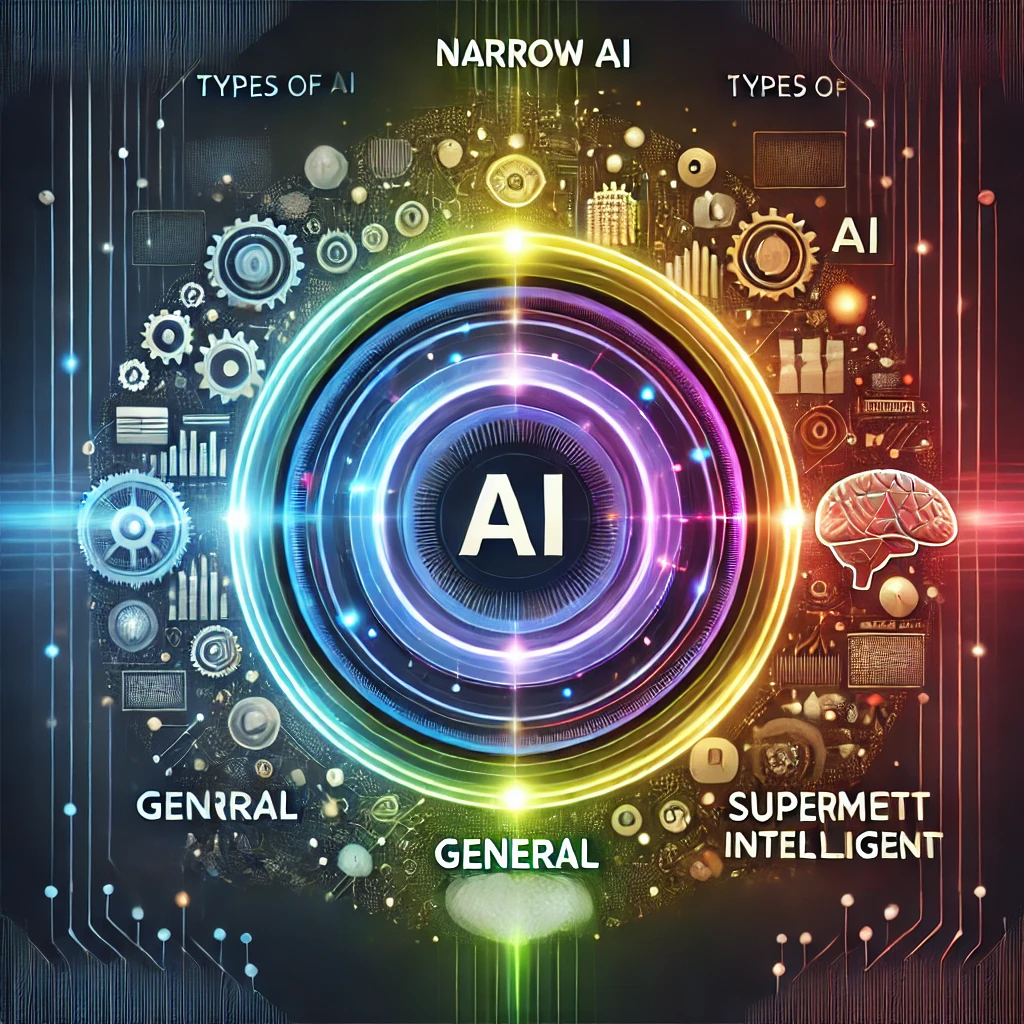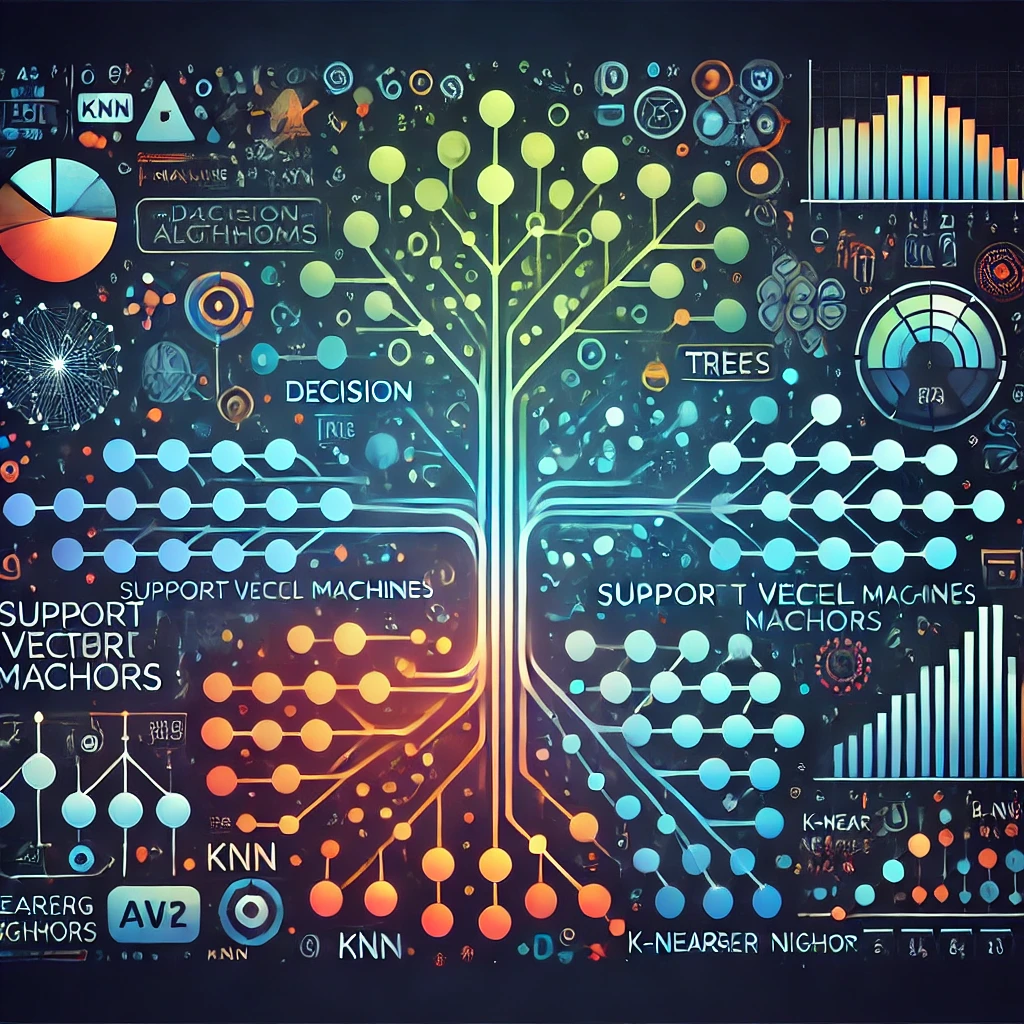AI and Privacy: Exploring the Balance Between AI Advancements and Personal Data Privacy
The dawn of artificial intelligence (AI) has revolutionized the way we interact with technology, bringing immense advancements across various sectors. From enhancing customer experiences to powering autonomous vehicles, AI’s potential seems limitless. However, as the capabilities of AI expand, so do concerns regarding personal data privacy. The challenge lies in exploring the balance between leveraging AI for societal benefits and respecting individual privacy rights.
Understanding AI’s Role in Data Processing
AI systems thrive on data. They require vast amounts of information to learn, adapt, and make informed decisions. Here’s how AI processes data:
- Data Collection: Organizations collect user data from various sources, including websites, apps, and sensors.
- Data Analysis: AI algorithms analyze this data to identify patterns, trends, and insights.
- Decision Making: Based on the insights gained, AI can automate processes, provide recommendations, or make predictions.
The Importance of Personal Data Privacy
In an increasingly digital world, personal data privacy has emerged as a crucial issue. Here are some key aspects:
- Identity Protection: Personal information, if exposed, can lead to identity theft and fraud.
- Data Exploitation: Companies may misuse personal data for profit, often without the individual’s consent.
- Transparency and Trust: Users need to trust organizations to handle their data responsibly, which affects their willingness to engage.
The Interplay Between AI and Privacy
The relationship between AI advancements and personal data privacy is complex. On one hand, AI can heighten privacy risks due to its capacity to process and analyze vast amounts of data. On the other hand, AI can also enhance privacy protection through various tools and technologies. Let’s examine both sides:
Challenges Posed by AI
- Surveillance: Technologies like facial recognition and location tracking can lead to invasive surveillance practices.
- Bias and Discrimination: AI systems may perpetuate existing biases in data, leading to discriminatory outcomes.
- Data Breaches: AI-enhanced data storage systems can be targeted by cyberattacks, risking sensitive user information.
Opportunities for Privacy Protection
- Anonymization: AI can process data in ways that anonymize individuals, reducing the risk of identification.
- Strong Security Measures: AI can enhance cybersecurity through advanced threat detection and response systems.
- Regulatory Compliance: AI can help organizations comply with privacy regulations by automating data governance processes.
The Role of Regulatory Frameworks
To strike a balance between AI advancements and personal data privacy, regulatory frameworks are crucial. Several initiatives have emerged:
- General Data Protection Regulation (GDPR): Enforces strict guidelines for data collection, processing, and storage within the EU.
- California Consumer Privacy Act (CCPA): Empowers Californian residents with rights to know about and control their personal data.
- Proposed AI Regulations: Various governments are drafting regulations to govern AI deployment, ensuring ethical and responsible use.
Best Practices for Organizations
Organizations leveraging AI must prioritize personal data privacy. Here are some best practices:
- Conduct Privacy Impact Assessments: Evaluate how AI systems might impact user privacy before implementation.
- Implement Data Minimization: Collect only the data necessary for AI functionalities to reduce exposure.
- Enhance Transparency: Clearly communicate with users about data collection and usage policies.
- Train Employees: Educate staff on privacy best practices and the importance of data protection.
The Future of AI and Privacy
As AI technology continues to evolve, the conversation around privacy will remain pertinent. Here are some potential developments:
- More Robust Regulations: Expect stronger privacy laws to emerge globally, focusing on AI systems.
- Innovative Privacy-Enhancing Technologies: Development of tools and frameworks that prioritize privacy from the ground up.
- Increased Public Awareness: Consumers will become more informed about their rights and the implications of AI, leading to more empowered choices.
Conclusion
Finding the right balance between AI advancements and personal data privacy is crucial for building a future where technology serves society without compromising individual rights. By fostering collaboration between policymakers, organizations, and users, we can ensure that AI contributes positively while maintaining a commitment to safeguarding personal privacy.




